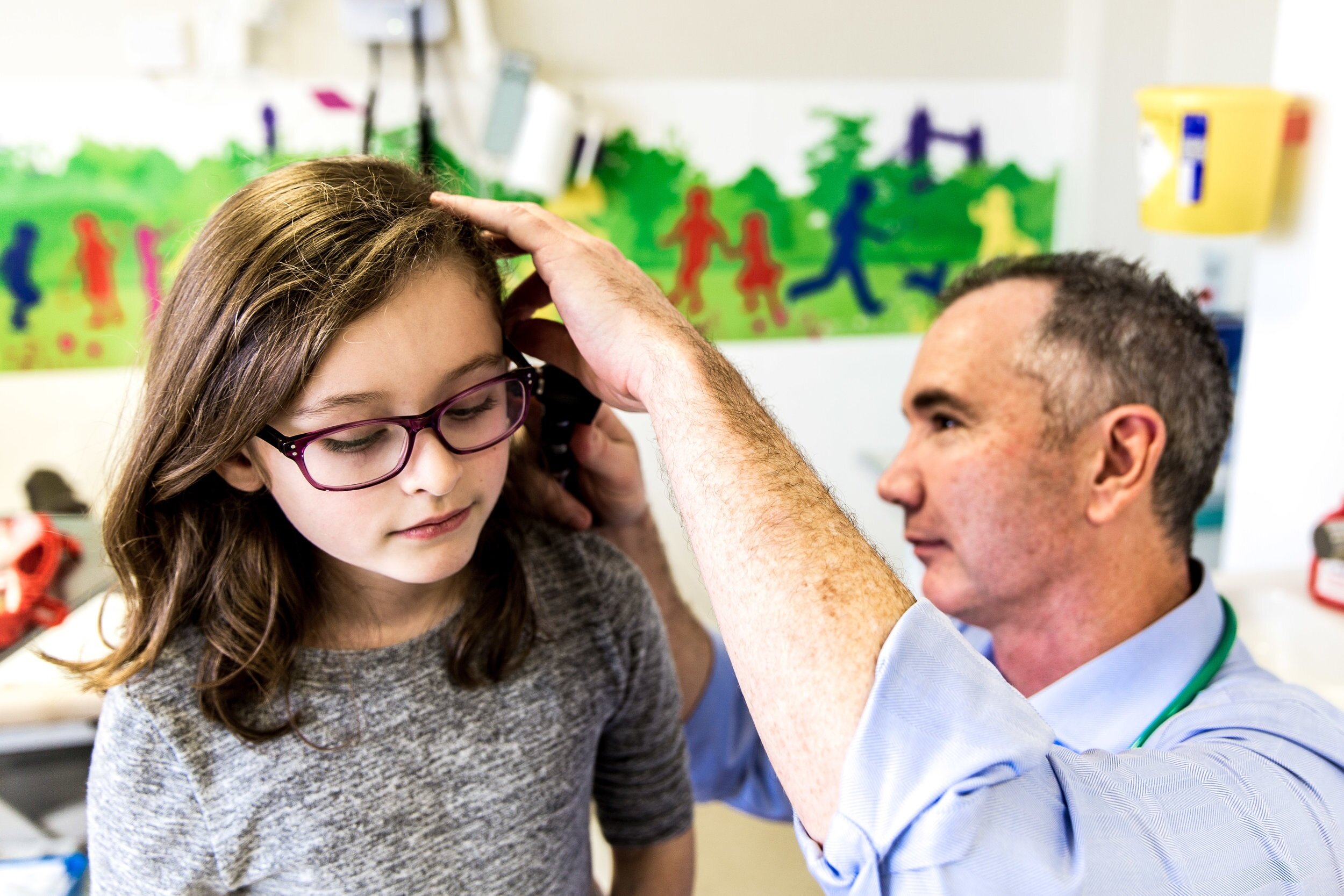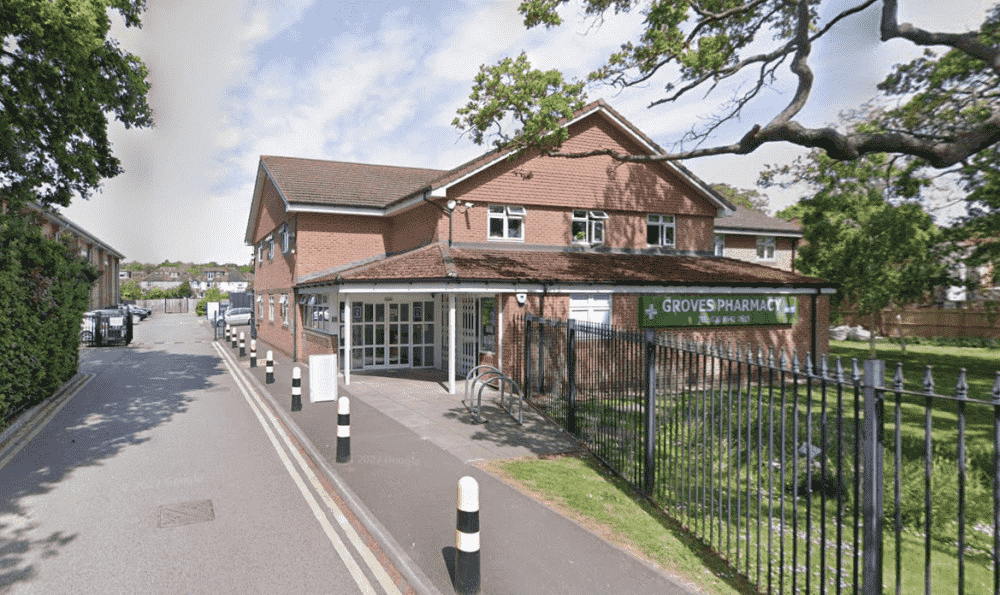
Pollen Allergy Relief in London – Get Expert Help Today
Struggling with a Pollen Allergy in London? You're Not Alone.
Tree and grass pollen allergies are among the most common seasonal health concerns in the UK. They can affect your quality of life for months at a time - especially during spring and summer - causing constant sneezing, itchy eyes, nasal congestion, headaches, fatigue, and asthma flare-ups. These symptoms can interfere with sleep, concentration, school performance, mood and day-to-day routines.
★★★★★
“Dr du Toit is a fantastic specialist, my son and I both very much respect and value his expertise. We have seen many doctors over the years and Dr du Toit is one of those special doctors that can really make a difference in a person’s life.”
Safe, Reliable, Effective - London's Leading Choice for Allergy Care
At London Allergy Consultants, we specialise in diagnosing and treating pollen allergy in London using evidence-based approaches, modern diagnostic tools and individualised treatment plans. Whether you're experiencing mild hay fever or severe pollen-induced asthma, we help you take control of your symptoms with confidence. Our clinic serves patients of all ages, including infants, school-aged children, teenagers, and adults.
Why Choose London Allergy Consultants for Pollen Allergy in London?
-

Accurate Pollen Allergy Testing
We offer skin prick testing and blood-specific IgE testing to confirm pollen allergies quickly and accurately.
-

Decades of Allergy Expertise
Our team includes consultants with decades of clinical experience treating allergies throughout London and the UK.
-

Personalised Treatment Plans
We tailor treatment options to suit your symptoms, lifestyle and seasonal patterns. This includes medication and long-term therapy.
-

Advanced Technology
We utilise the latest technology and techniques to ensure accurate and reliable results.
-

Convenient Location
Our clinic is conveniently located in London, with easy access to public transportation.
What We Treat
Tree Pollen Allergy – Birch, oak, alder, hazel, plane, and other widespread trees found across London and the UK.
Grass Pollen Allergy – Ryegrass, timothy, meadow grass and additional grass types common throughout the country.
Hay Fever (Allergic Rhinitis) – Includes sneezing fits, postnasal drip, itchy or runny nose, irritated eyes, and sinus pressure.
Pollen-Induced Asthma – Shortness of breath, coughing, wheezing or chest tightness linked to high pollen days.
Our Allergy Testing Services
-

Skin Prick Testing
This in-clinic test is quick, minimally uncomfortable, and suitable for adults and children. Small amounts of common tree and grass pollen extracts are applied to the skin, and we monitor for any reactions. Results are usually available within 20 minutes.
-

Specific IgE Blood Testing
For patients who cannot undergo skin testing—due to medications, skin conditions, or preference—we offer laboratory-based blood tests that measure allergen-specific IgE levels. This is especially useful for those with multiple suspected allergies or complex medical histories.
-

Food Intolerance Testing
Food intolerance testing helps uncover non-allergic reactions to certain foods—often linked to digestive issues, fatigue or skin flare-ups. These tests don’t look at immune responses but are useful when symptoms are delayed or unclear. Your consultant may recommend an elimination diet or targeted testing based on your symptoms.
How Our Process Works
1. Pollen Allergy Consultation
You’ll meet with an allergy consultant to review your symptoms, suspected triggers, lifestyle, and medical history.
2. Testing for Pollen Allergy in London
Based on your profile, we’ll perform allergy testing to pinpoint which tree or grass pollen types are affecting you.
3. Relief Plan
Once we know your specific allergens, we’ll recommend a plan that could include antihistamines, nasal corticosteroids, eye drops, or allergen immunotherapy.
4. Ongoing Care
We provide seasonal follow-ups to monitor treatment effectiveness and make adjustments as needed throughout the year.
When to Get Help for a Pollen Allergy?
You use antihistamines almost daily during spring or summer but still have symptoms
Pollen allergy is affecting your sleep, school attendance, concentration or mood
You experience asthma symptoms that worsen during high pollen count days
You’re unsure which specific allergens are causing your reaction
Over-the-counter remedies no longer provide enough relief
You want a long-term solution like immunotherapy to reduce your sensitivity
Meet Our Pollen Allergy Specialists in London
Our team includes leading allergy consultants with specific expertise in diagnosing and managing pollen allergy in London. We understand the unique pollen patterns in this part of the UK and tailor treatment accordingly.
✔ Led by Professor George du Toit – world-leading paediatric allergy specialist
✔ Dr Ru-Xin Foong, experienced in state-of-the-art allergen diagnosis and treatments.
✔ Evidence-based, research-backed treatments, with close regulatory oversight
✔ Personalised, patient-centred approach in London and Surrey Clinics.
✔ Child-friendly, safe, and supportive environment
Allergy Blog – Latest Insights & Advice
Stay Informed on Allergy Research & Treatments
Our blog provides expert advice, the latest research, and practical tips on managing allergies effectively.
Our Locations – Accessible Clinics Across London & Surrey
We provide expert allergy care at multiple locations, ensuring convenient access to specialized treatment for food and airborne allergies.
The Portland Hospital – Marylebone
📍 Address: 205-209 Great Portland Street, London, W1W 5AH
ENT4Kids – Wimpole Street, London
📍 Address: 61 Wimpole Street, London,
W1G 8AH
The Allergy Centre Of
Excellence
📍 Address: 10 Duchess Str, Marylebone,
W1B 9AB
Surrey – New Malden Diagnostic Centre
📍 Address: 171 Clarence Avenue, New Malden, KT3 3TX
Frequently Asked Questions
-
Birch trees are the most common trigger, followed by oak, alder, plane and hazel. These trees typically release pollen between March and early May. In urban areas like London, pollution can interact with tree pollen and intensify allergic reactions.
-
Grass pollen is usually at its highest from late May to August, with a peak in mid-to-late June. Some people are allergic to multiple grass types, which can result in a prolonged allergy season.
-
Unlike colds, which resolve in a week and often come with a fever, pollen allergies last for weeks or months and cause repetitive, itchy symptoms—such as watery eyes and sneezing fits—often triggered by outdoor exposure.
-
Yes. Children are often sensitive to pollen from a young age. Left untreated, hay fever can affect their school performance, sleep, and even lead to asthma development. We offer gentle testing and child-specific treatment plans.
-
Yes. Our clinic provides both sublingual (under-the-tongue tablet) and subcutaneous (injection) immunotherapy, which gradually reduces your sensitivity to pollen over time. This is ideal for people with severe or persistent seasonal allergies.
Book Your Pollen Allergy Consultation in London
Don’t let pollen allergy take over your spring or summer. If you're suffering through the season with no real relief, it’s time to take the next step. Our consultants offer fast, reliable testing and personalised treatments to help you get back to living comfortably—at home, at work, and outdoors.




















